
Archontophoenix Alexandrae Bananalicious.pl
Archontophoenix Alexandrae - Alexander Palm Extra Tips. Once a month you can wipe down the plants leaves using a damp cloth to clean away any dust that has collected and may be preventing the leaves from breathing. It's completely normal for older fronds, typically around the base of the plant, to fade in colour or brown off as they age.
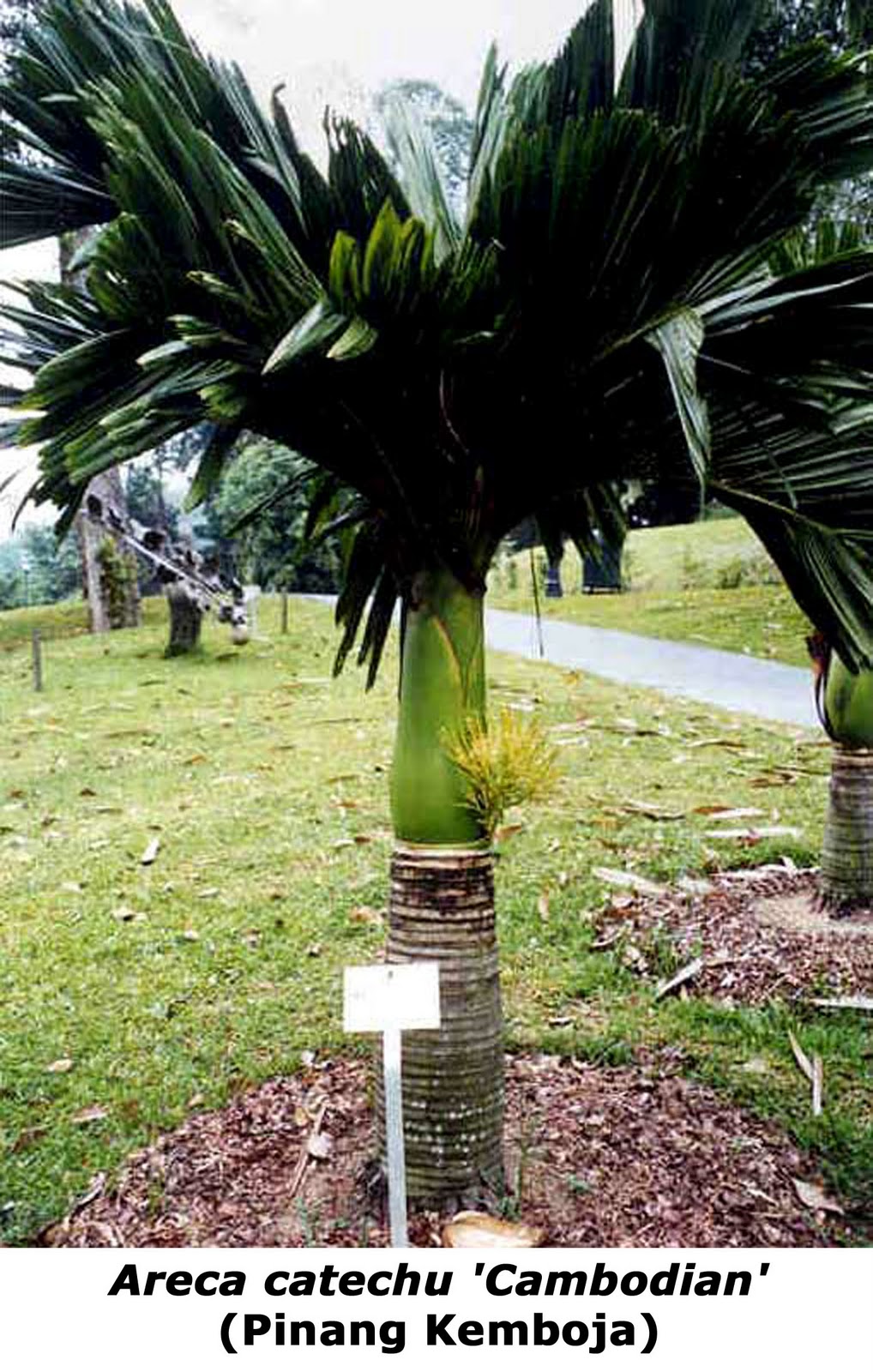
buildfun PALMArchontophoenix Alexandrae
Archontophoenix alexandrae 'Alexander Palm'. A beautiful Australian native palm with a slender solitary trunk. A fast growing palm that gives you an instant tropical look. Stands strong in high winds and heavy rain and is perfect for our subtropical environment. Position: Full sun to part shade. Grows to Height: Approx 15m.

Alexandra Palm Archontophoenix Alexandrae
Archontophoenix alexandrae can grow to a height of 15 metres with a width of 3 metres. Archontophoenix alexandrae is a tall and slender palm more commonly known as the Alexander Palm. This Australian native originates from central and northern Queensland's coastal rainforests but they are also more commonly grown in gardens across the country.

Quality Archontophoenix Alexandrae Palm Trees West Coast Trees
Alexander palm is a charming native plant is endemic to Queensland. Learn how to propagate and care for the king palm as well as what pests and diseases to look out for.. Archontophoenix Alexandrae Plant Features. The average height you're looking at is around 15 metres but the Alexander Palm can grow up to 24 metres tall. With that kind.
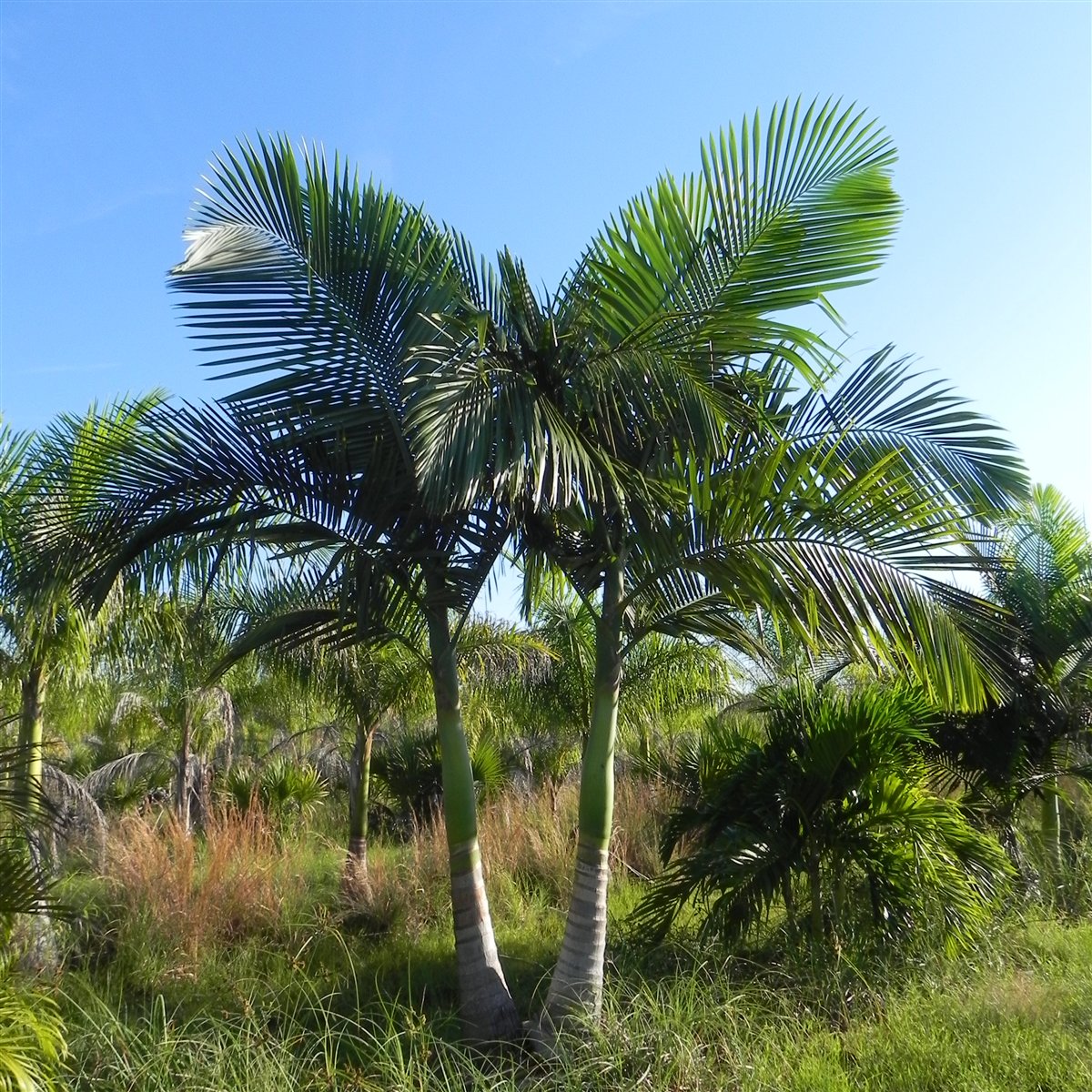
Archontophoenix alexandrae archivos Universo Palmeras
Archontophoenix alexandrae is a tall palm with a slender grey trunk covered in rings of leaf scars and enlarged at the base. A crown of large (0.6 -1m long, feathery arching fronds create an elegant form. The fronds have a purple hue above, while the silvery grey undersurface has the beautiful effect of catching the light.
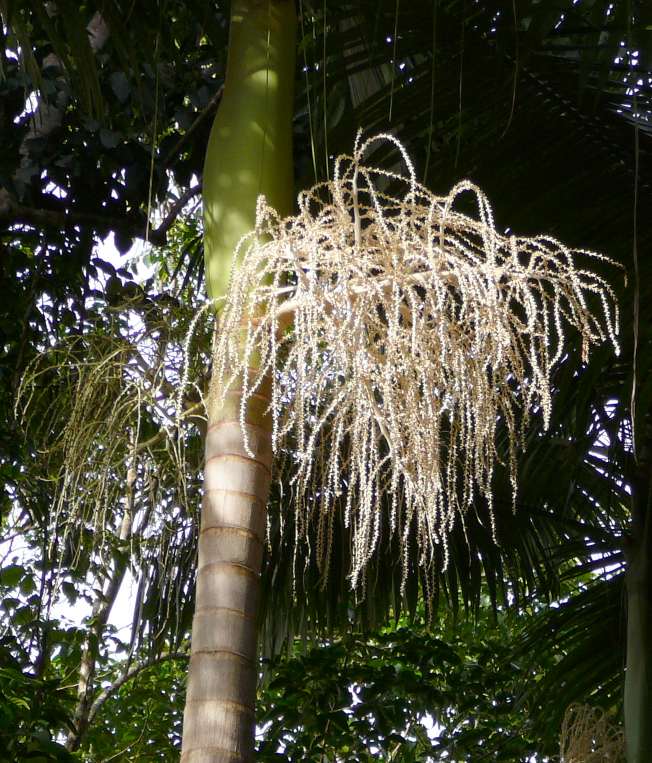
Quality Archontophoenix Alexandrae Palm Trees West Coast Trees
Archontophoenix alexandrae (Alexander Palm) Price Regular price $50 60 $50.60 / Pot Size Quantity. − + Sydney wide delivery in 5-10 business days. All plants carefully hand delivered to your door in nursery pots..
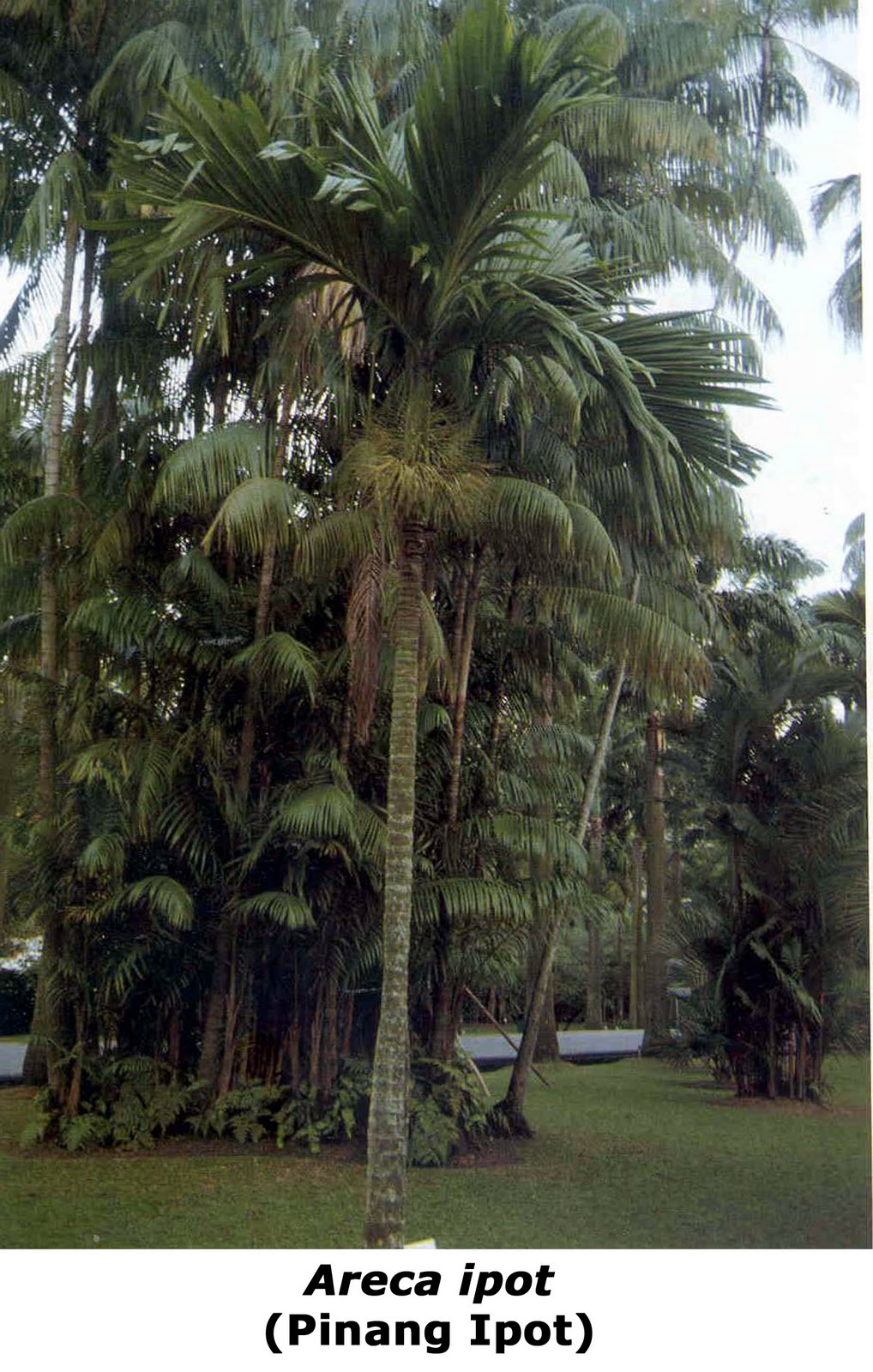
buildfun PALMArchontophoenix Alexandrae
Archontophoenix alexandrae. Family: Aracacaea Origin: Native to Northern and Central Queensland, Australia. A key feature of the Alexander Palm is its capacity to tolerate heavy inundation under heavy rain events. This survival quality has made the palm a dominant species in tropical Queensland.

Archontophoenix Alexandrae Seeds (King Palm Seeds, Alexander Palm Seeds
Arecaceae (palm) Scientific name Archontophoenix alexandrae (F.Muell.) H.Wendl. & Drude Common name Alexandra palm WildNet taxon ID 9030 Alternate name(s) bangalow palm piccabeen palm king palm Nature Conservation Act 1992 (NCA) status Least concern Conservation significant No Confidential No Endemicity Native Pest status Nil Other resources

Archontophoenix Alexandrae Alexandra Palm Trees & More Ltd
Description. "Trunk gray, up to about 30 m tall. Leaves, about 10 in the crown, up to 2.5 m long, pinnae about 80 on each side, up to 80 cm long and 5 cm wide, whitish or ash-colored on lower surface, sheath green. Inflorescences up to 70 cm long, with pendulous rachillae to the fourth order; staminate flowers white or cream, 5-6 mm long.
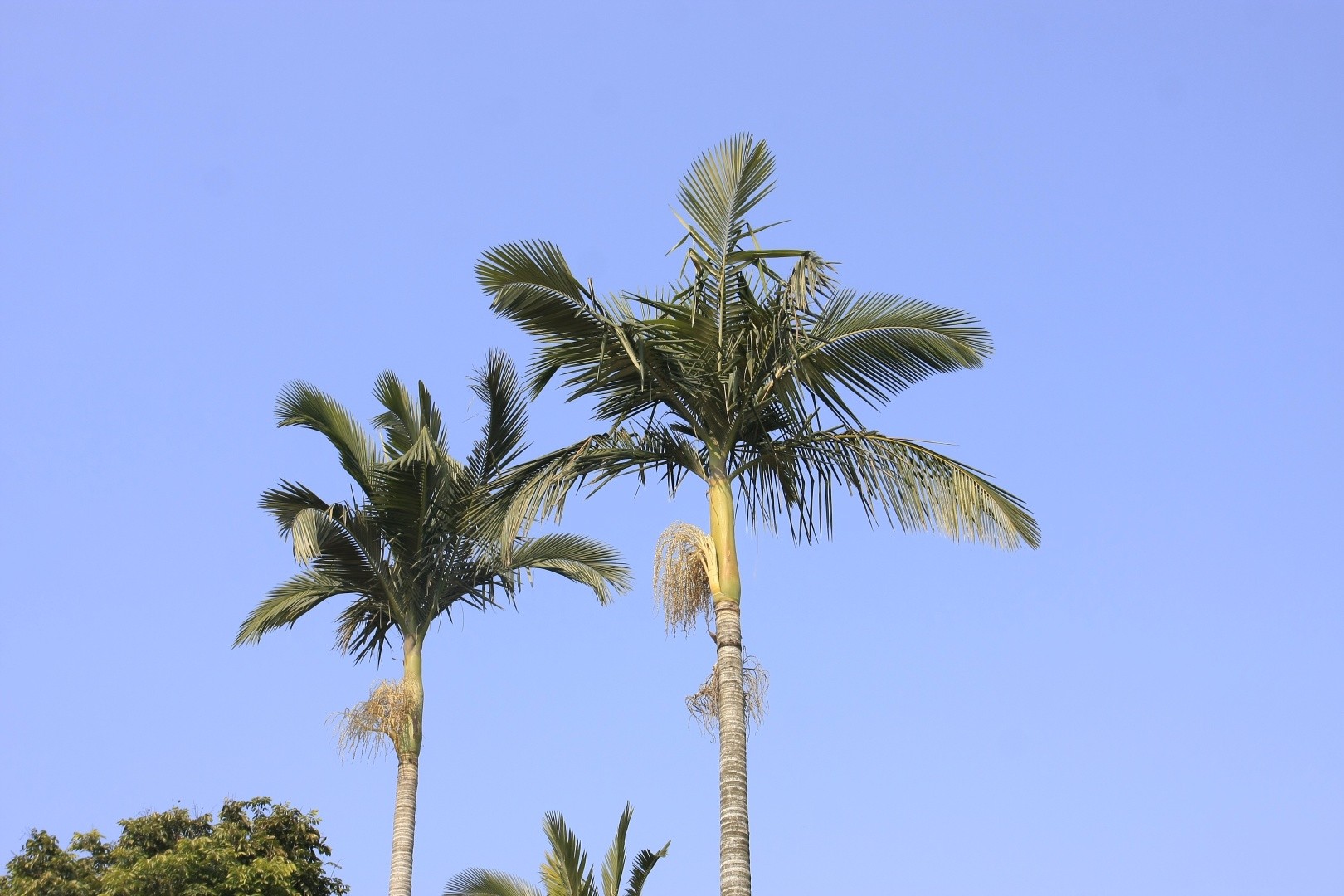
Alexandra Palm (Archontophoenix alexandrae) Flower, Leaf, Uses
La Archontophoenix Alexandrae. It is a native palm of Australia, specifically of the valleys and jungles of Queensland. It is popularly known as the Alexandra palm, Australian royal palm or Alexandro palm. It has a rapid growth, being able to exceed 20 meters in height. Its trunk is thin, ringed and slightly stepped, with a thickness of about 30cm.
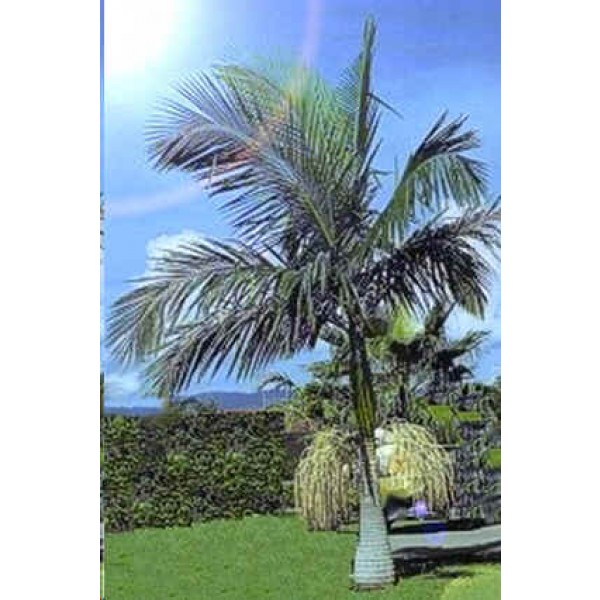
Archontophoenix Alexandrae Seeds (King Palm Seeds, Alexander Palm Seeds
The genus epithet Archonotophoenix comes from the Greek as 'king' or 'chief', and 'date palm', and that all species in this genus share the common name king palm. The species epithet alexandrae honours Princess Alexandra of Denmark (1844 - 1925).
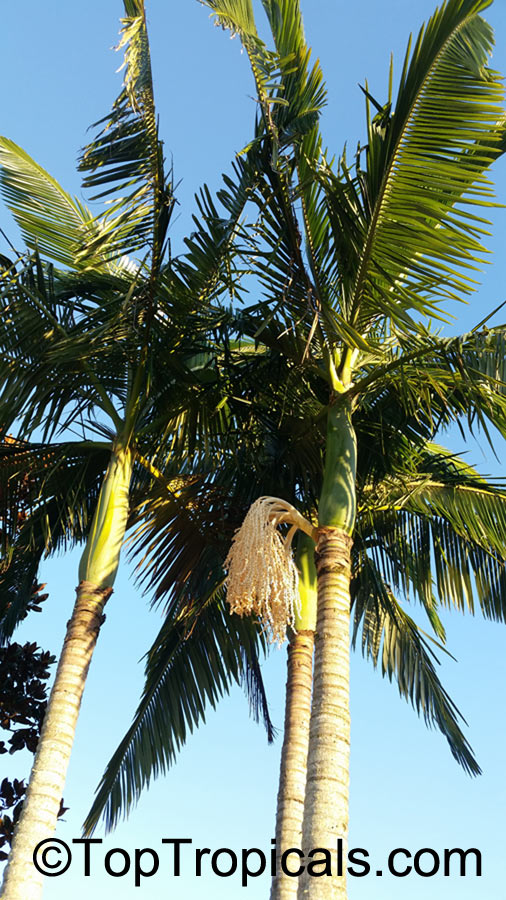
Archontophoenix alexandrae, Ptychosperma alexandrae, King Palm
Archontophoenix alexandrae - Alexander Palm . DESCRIPTION: Native to Queensland and New South Wales, the Alexander or Alexandra palm establishes quickly, perfect for gardeners looking to create a tropical paradise in a hurry.Fruits in long tails of bright red berries. USE IN: Tropical gardens to create a canopy or grand entrance, container planting in a sunny location is ideal when plants are.

Alexandra palm (Archontophoenix alexandrae)
In many ways a better looking palm than the more common Bangalow Palm. Origin. Northeast coast of Queensland. Generally in rainforest from sea-level to c.600m. Form and size. Solitary, tall to c.20m. Similar looking to A. cunninghamiana (Bangalow palm) but leaves are silver underneath and a more tropical appearance. Preferred habitat

Archontophoenix alexandrae Alexander Palm The Seed Vine
Archontophoenix alexandrae, commonly known as Alexandra palm, king palm, northern Bangalow palm, or feather palm, [4] [5] [6] is a palm endemic to Queensland, Australia. It was named in honour of Princess Alexandra of Denmark, [7] but is often erroneously referred to by the misnomer Alexander palm . Archontophoenix alexandrae is a tall.

PlantFiles Pictures Archontophoenix Species, Alexandra Palm, King
The round fruit, about 12 mm (1/2 inch) in diameter, turn bright red at maturity (Figure 3). Palm to 30 m tall, trunk to 30 cm in diameter and frequently with the base expanded to 50-60 cm in diameter and often 'stepped' to varying degrees. The leaves are 3-4 m long and have the pinnae orientated in a vertical plane toward the leaf apex.
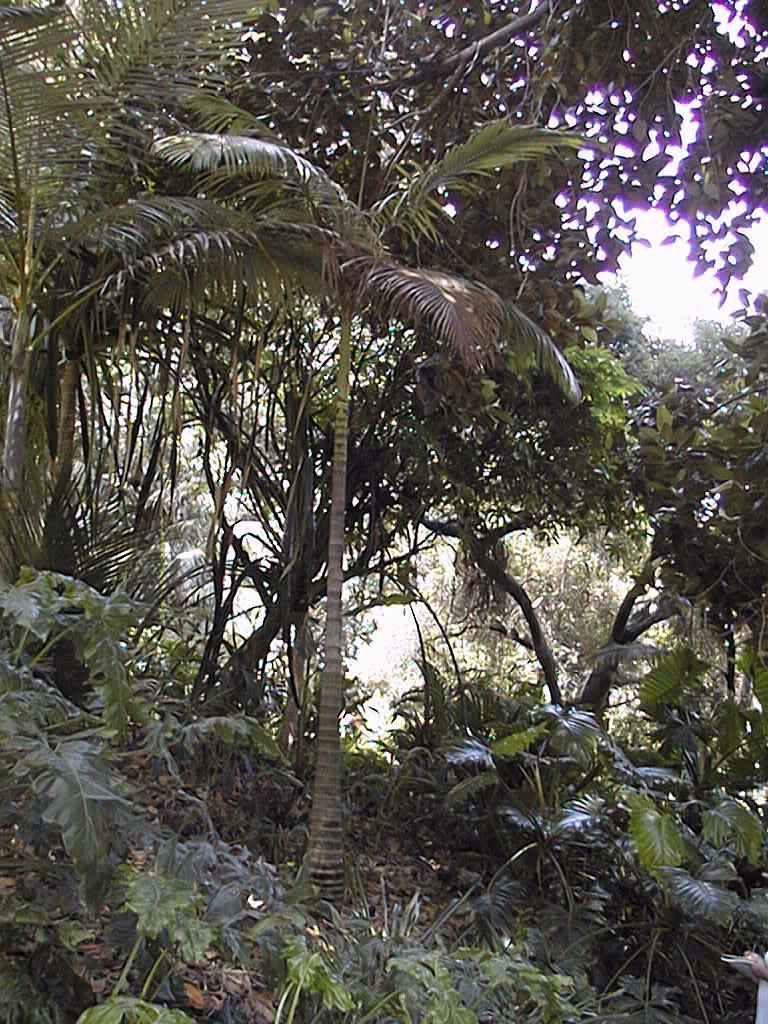
Alexandra Palm (Archontophoenix alexandrae)
Plant Overview. This solitary feather palm has a slender greyish trunk that is strongly swollen at base and a spreading crown of graceful dark green fronds. It has a smooth green crown shaft and the creamy white flowers appear in a pendant cluster during summer. Archontophoenix alexandrae (F.Muell.)